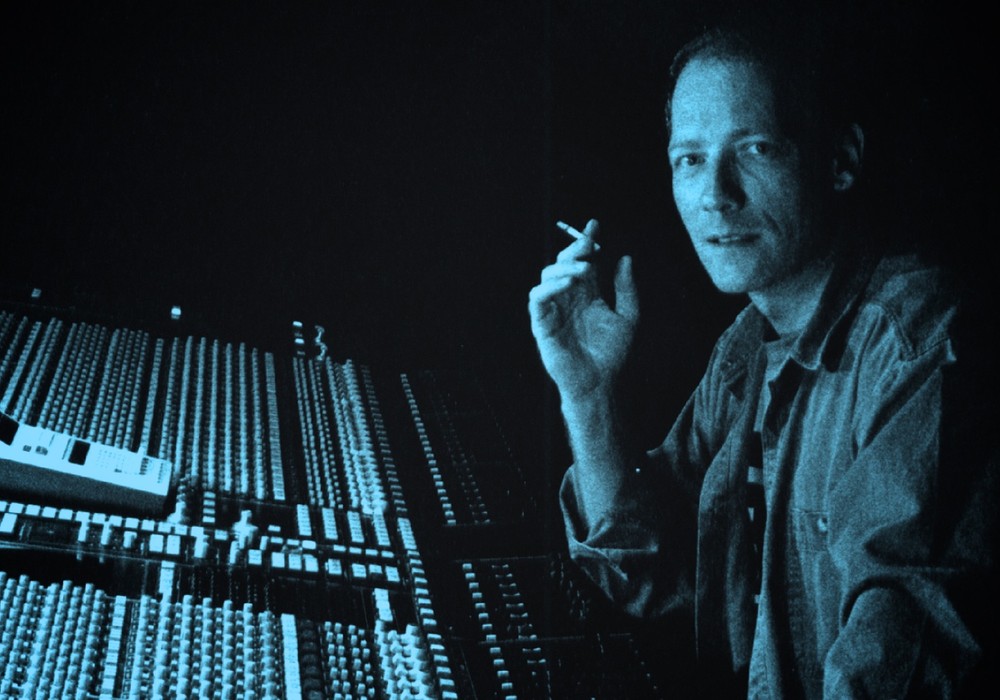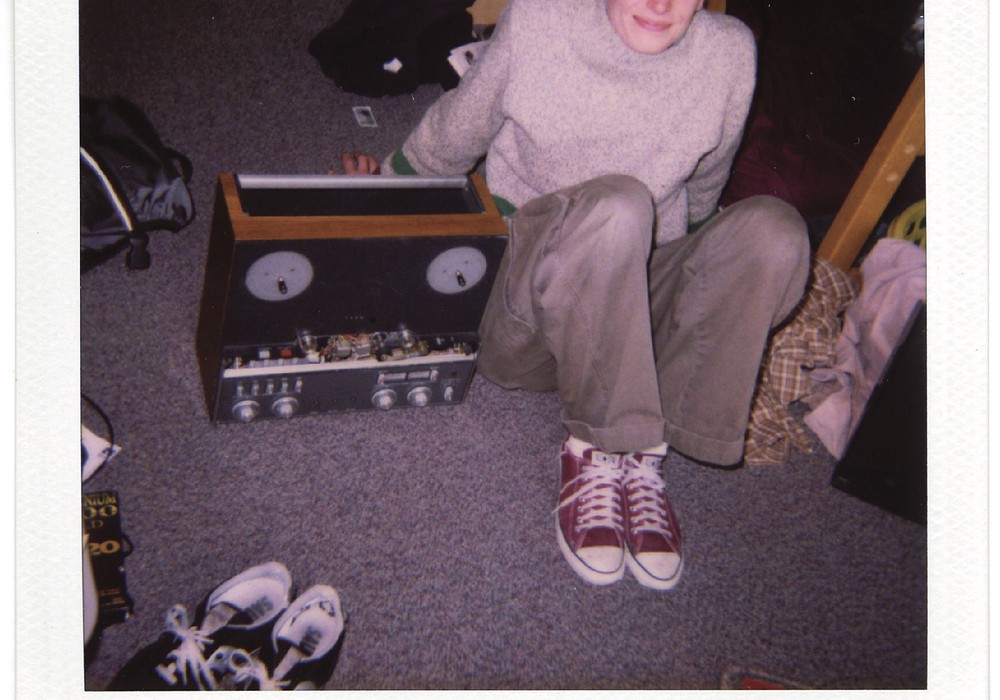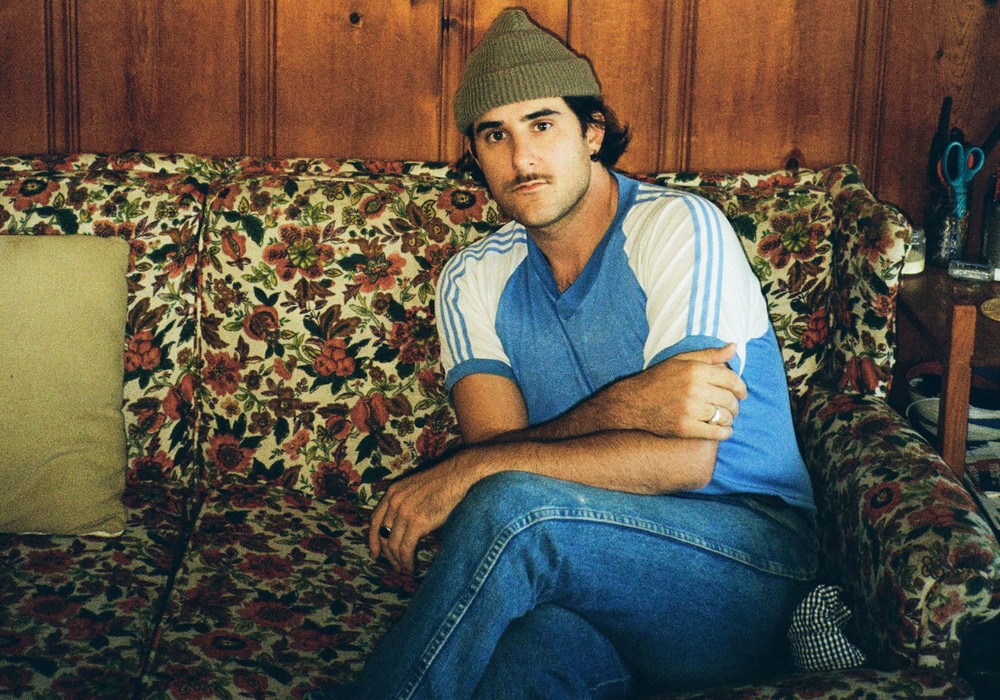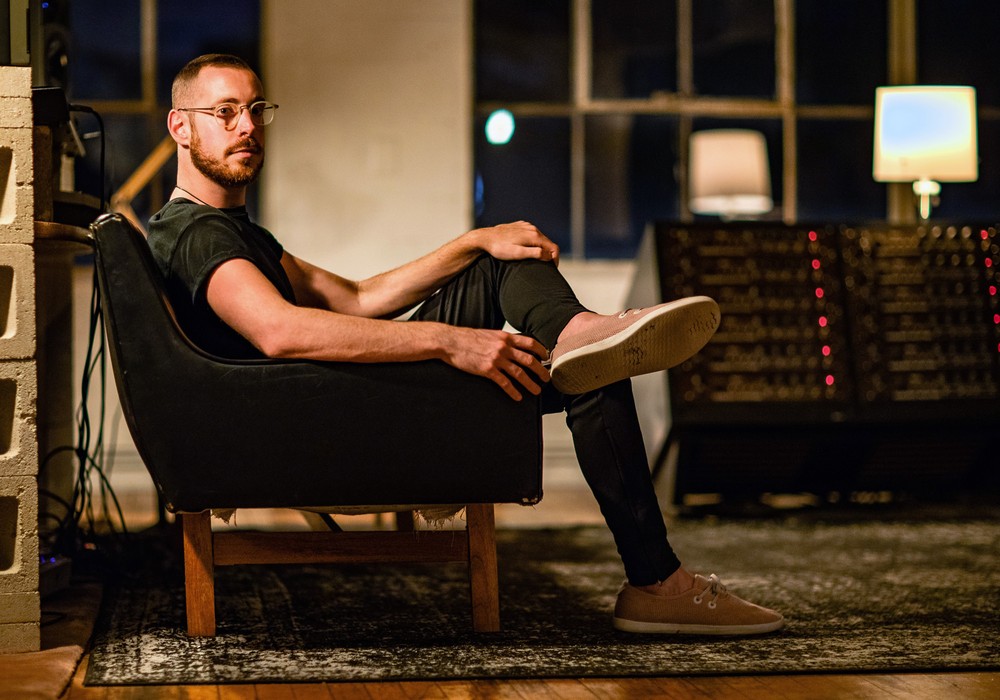Few people in the music industry have been involved in as many influential records as Russ Titelman. As a teenager, he was making music and running around with the likes of Gerry Goffin, Carole King, and Phil Spector. As a staff producer for Warner Bros. Records, he made albums for artists such as Randy Newman, James Taylor, Eric Clapton, Little Feat, George Harrison, Rickie Lee Jones, Ry Cooder, Paul Simon, Steve Winwood, Chaka Khan, and Brian Wilson. It’s hard to distill a career like Russ’ into one interview, and the stories were already flowing before I started recording our call. We talked about the all-star musicians and engineers he frequently worked with, as well as when a song is undeniably great.
I had no idea Rickie [Lee Jones] made a new record [Pieces of Treasure]. She’s one of my all-time favorites. It's a beautiful album!
Yes, it is. We did it live in the studio with a band.
Was it done to tape? It's got a real smoky vibe.
It wasn't done to tape, but it was done at a studio where it's all vintage gear. Everything went through old limiters and beautiful, old microphones.
What studio was that?
Sear Sound [Tape Op #41]. It's still going. It's one of the last remaining old studios – well, Power Station is still there because of Berklee NYC. We did [Eric Clapton's] Journeyman at Power Station. Ben Fowler [Tape Op #127] was our assistant. He was like the best assistant that ever existed on earth.
Ben Fowler was my mentor in Nashville, and still a dear friend.
No kidding? Wow. He's amazing.
And you did a Michael McDonald record [Blink of an Eye] together too, right?
Yeah. That's a great record.
"East of Eden” – what a song.
"East of Eden" is such a beautiful song. I get chills now just thinking about the song and lyrics.
Did you do that at Power Station too?
We mapped it out at Power Station with Jimmy Bralower [drums] and Jeff Bova [keyboards]. We also did some work in L.A. at Westlake [Recording Studios]. Michael would play his parts, and then we basically overdubbed everything else. Manu Katché played the real drums, and some of it is a drum machine. David Williams played guitar. I made a live record [Stompin' at the Savoy] with Rufus and Chaka Khan, and he was the other guitar player on that too. He’s just so great. We recorded it here in 1982 in New York, when I was still living in L.A. I was born and raised there, and then I moved here to New York in 1983. Then we had the studio part of the record [side four], which opened with "Ain't Nobody." For the studio part of the album, I had suggested that we do "Don't Go To Strangers." We cut that track live in a studio in L.A. We had the horns and the strings live in the studio with the Rufus band. That's John Robinson on drums, Bobby Watson on bass, Joe Sample played the piano, and Hawk [David Wolinski] played the Rhodes. And Tony [Maiden] did the kind of Freddie Green-like thing [on guitar]. It was fantastic.
Did you make a conscious effort, specifically on "Ain't Nobody,” to leave a ton of space to let Chaka sing her heart out?
Yes. The track is very, very strict. It's all Hawk's arrangement; he played all the keyboard stuff, including the bass. That wasn’t a sequencer. He didn't play it into a computer; he played it live. We had the track, and then I came to New York and put her vocals on. First, she did the background parts. We’d put a part down, double it. Then the harmony and double it. Then the other harmony and double it. And then she sang the lead. I just let her do whatever she wanted for about four takes. Then I said, "Now just do one, but stick closer to the melody." So, she did that, and we had all kinds of choices to make a comp out of. When somebody asks me what this job is, I always say it's exactly the same as a movie director, only we have a different terminology for it. It's like you're working with an actor. When you make a movie, you have these bits of a performance that you have in order to make a cohesive performance.
You were a musician first, and you've played on a few records you produced, but mostly you’ve stuck to producing.
I wasn't an engineer. I learned how to use the board because I was around it a lot, and I'd ask questions. I found out all these tricks, and then I knew how to make things sound a certain way – like getting a vocal to sound real crisp without fucking it up. When we were coming up, there was no school...
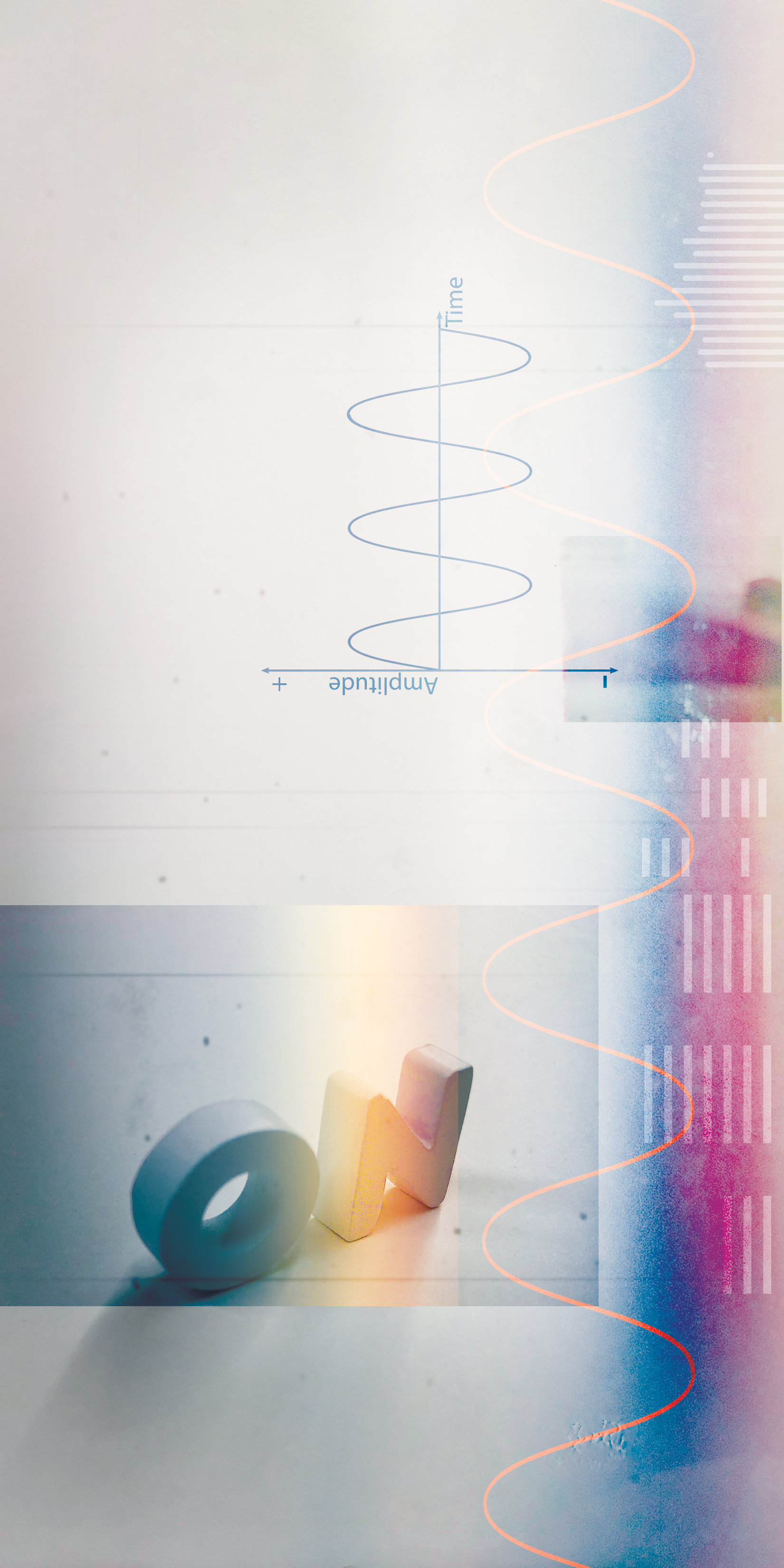

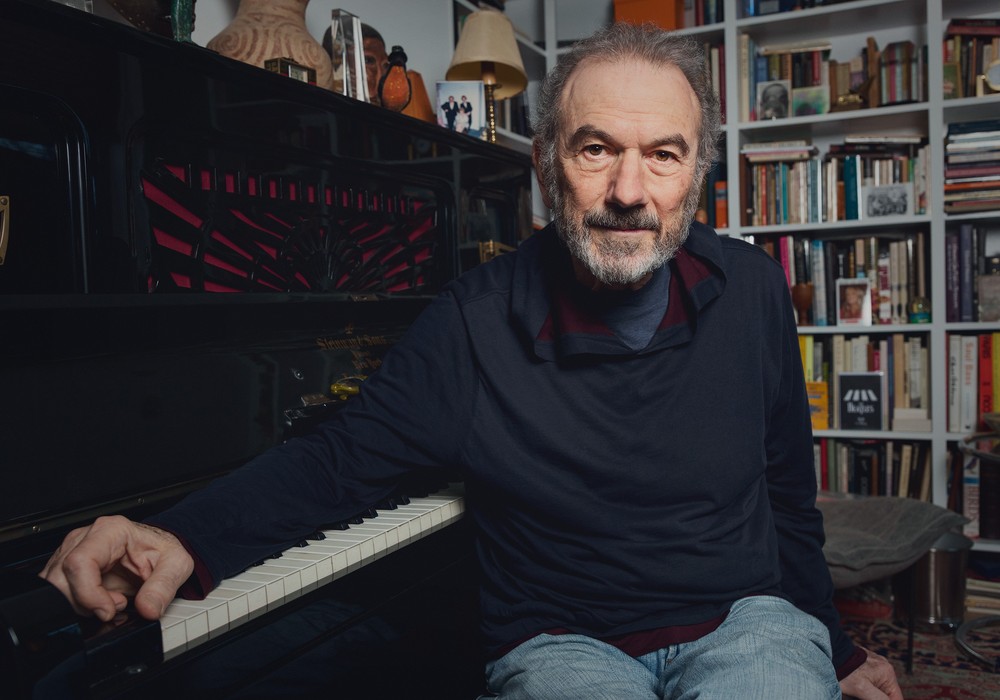
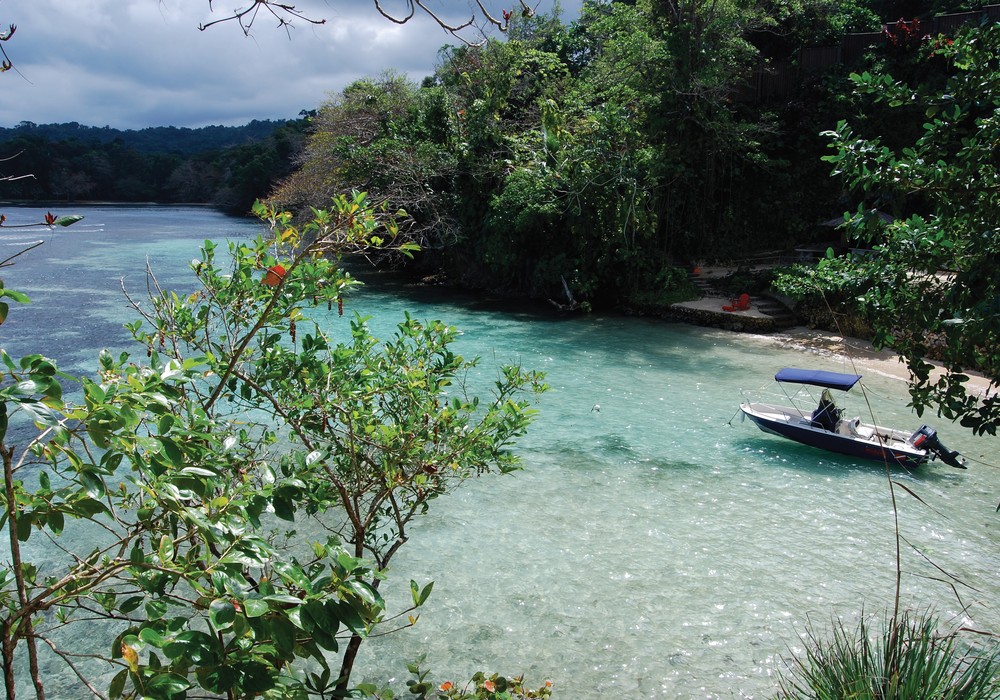
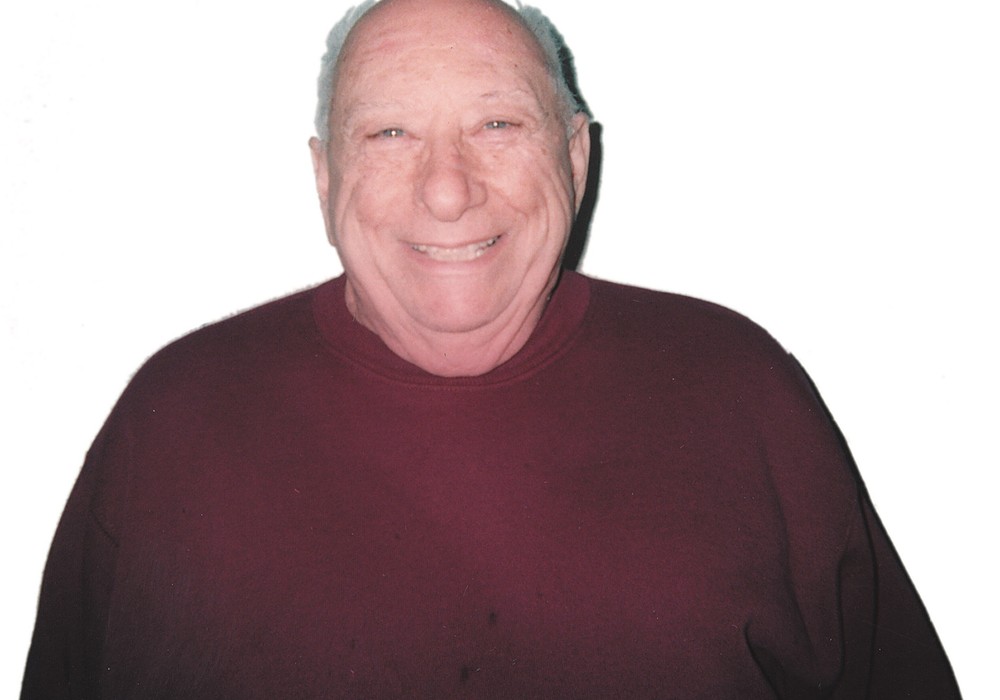
_display_horizontal.jpeg)
